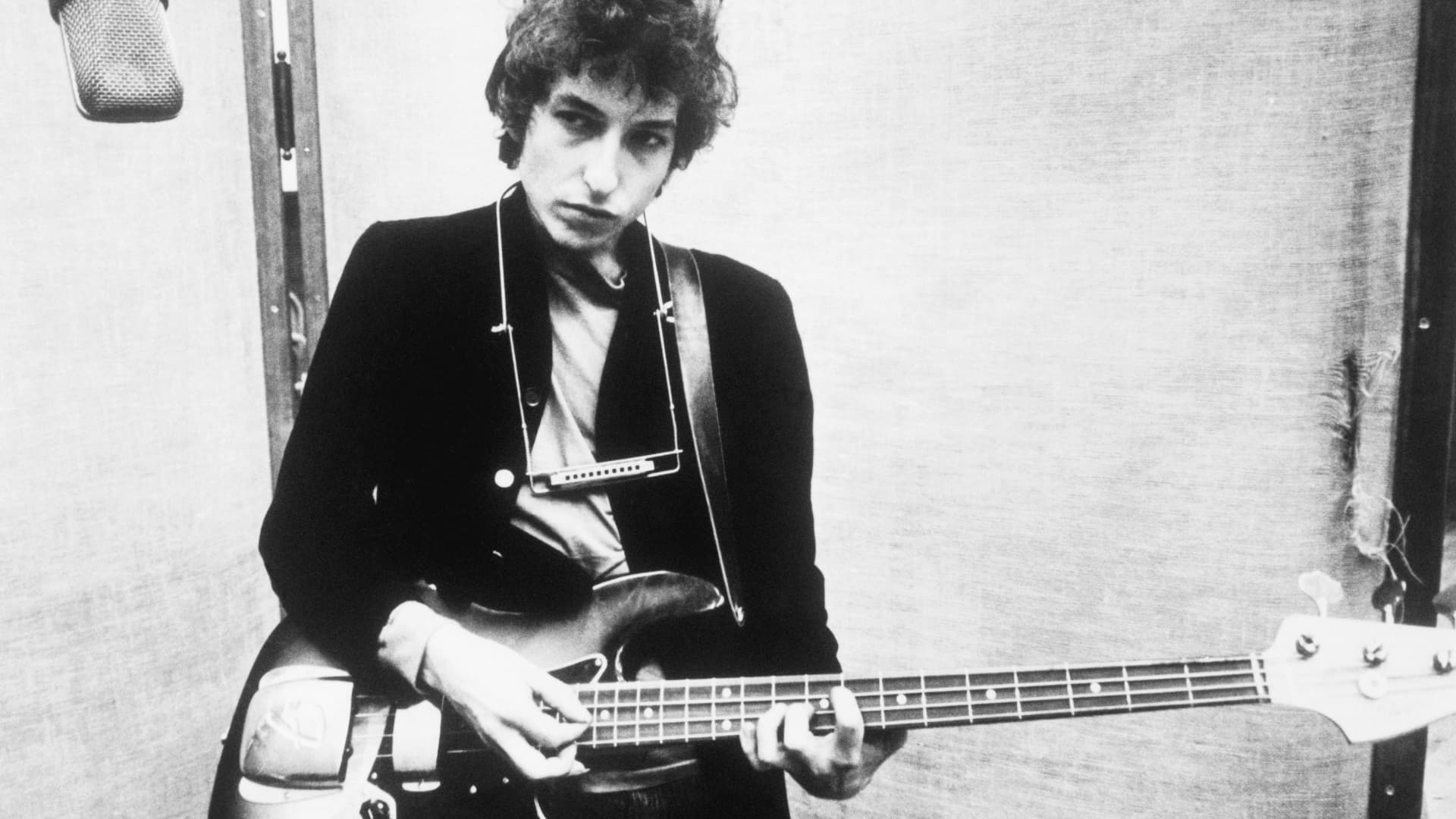Man of Ethics
Gold Member
- Feb 28, 2021
- 4,682
- 2,136
- 248
It is Common Knowledge that 2% -- 10% of Sexual Assault allegations are false and >90% of allegations are true. Is there any data supporting such knowledge?
Some Feminists cite results published in ``False Allegations of Sexual Assault: An Analysis of Ten Years of Reported Cases" published in Violence Against Women in 2010. Here. According to the study presented in the article, 5.9% of 136 rape allegations were determined to be false. On p. 1330 of the journal, the article sites eight studies. These studies show that 2% -- 11% of sexual assault allegations were determined to be false.
Anyone who has not studied the article could interpret the data as ``5.9% of allegations are false and 94.1% of allegations are true." The correct interpretation is ``5.9% of allegations are determined to be false, while the real percentage of false and true accusations remains unknown". According to the article p. 1319,
The determination that a report of sexual assault is false can be made only if the evidence establishes that no crime was committed or attempted. This determination can be made only after a thorough investigation. This should not be confused with an investigation that fails to prove a sexual assault occurred...
``Evidence that the assault did not happen” might include, for example, physical evidence and/or statements from credible witnesses that contradict key aspects of a victim’s account.
Other cases may be true or false. The standard of evidence used to show that an accusation is false in the aforementioned study is higher then the standard of evidence necessary for a rape conviction. Convictions have been obtained on accuser's testimony alone.
What percentage of rape cases have been proven true? Once again, different data sources give different answers. In USA 1992, 20% of all rape accusations have been proven beyond a reasonable doubt. In UK 2016, 7.5% of all rape accusations have been proven beyond a reasonable doubt. During the Fiscal Year 2015, there were 6,083 reports of Sexual Assault in US Military. Only 254 of these cases resulted in conviction, which is 4.2%.
Using the data for allegations which have been proven false, and those which have been proven true, we can determine the prevalence of false accusations of sexual assault to the best of our knowledge. According to available evidence, 2% to 10% of sexual assault allegations are determined false, 4% to 20% of sexual assault allegations are determined true, and in 70% to 94% of cases only the accuser and the accused know the truth. According to the Common Knowledge, 2% to 10% of sexual assault allegations are false, and the rest are true.
Some Feminists cite results published in ``False Allegations of Sexual Assault: An Analysis of Ten Years of Reported Cases" published in Violence Against Women in 2010. Here. According to the study presented in the article, 5.9% of 136 rape allegations were determined to be false. On p. 1330 of the journal, the article sites eight studies. These studies show that 2% -- 11% of sexual assault allegations were determined to be false.
Anyone who has not studied the article could interpret the data as ``5.9% of allegations are false and 94.1% of allegations are true." The correct interpretation is ``5.9% of allegations are determined to be false, while the real percentage of false and true accusations remains unknown". According to the article p. 1319,
The determination that a report of sexual assault is false can be made only if the evidence establishes that no crime was committed or attempted. This determination can be made only after a thorough investigation. This should not be confused with an investigation that fails to prove a sexual assault occurred...
``Evidence that the assault did not happen” might include, for example, physical evidence and/or statements from credible witnesses that contradict key aspects of a victim’s account.
Other cases may be true or false. The standard of evidence used to show that an accusation is false in the aforementioned study is higher then the standard of evidence necessary for a rape conviction. Convictions have been obtained on accuser's testimony alone.
What percentage of rape cases have been proven true? Once again, different data sources give different answers. In USA 1992, 20% of all rape accusations have been proven beyond a reasonable doubt. In UK 2016, 7.5% of all rape accusations have been proven beyond a reasonable doubt. During the Fiscal Year 2015, there were 6,083 reports of Sexual Assault in US Military. Only 254 of these cases resulted in conviction, which is 4.2%.
Using the data for allegations which have been proven false, and those which have been proven true, we can determine the prevalence of false accusations of sexual assault to the best of our knowledge. According to available evidence, 2% to 10% of sexual assault allegations are determined false, 4% to 20% of sexual assault allegations are determined true, and in 70% to 94% of cases only the accuser and the accused know the truth. According to the Common Knowledge, 2% to 10% of sexual assault allegations are false, and the rest are true.

